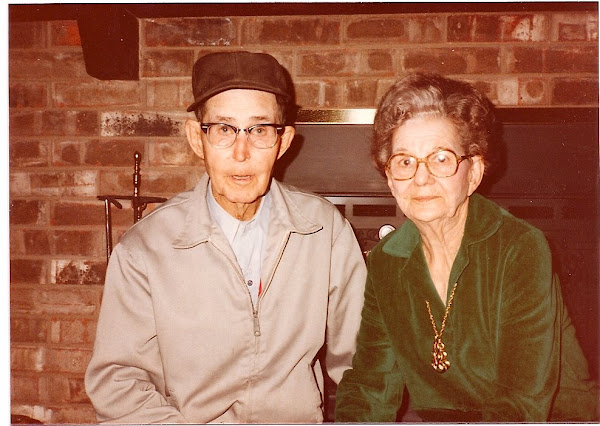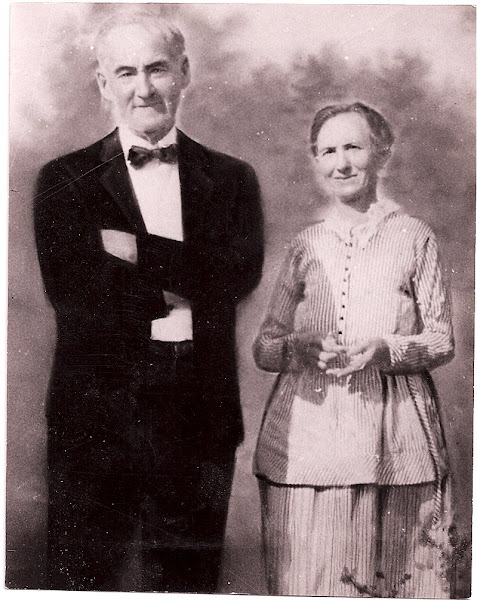Sunday, March 1, 2009
Wilbur, Orville, and Flight 1549
"My entire life was a preparation for that landing.
My dad flew fighters in the Navy. He imparted upon
me a sort of responsibility of leadership creed.
That's really what kicked in when I was up there
and both engines went out."
Captain Chesley "Sully" Sullenberger
Currently I am reading The Bishop's Boys, a biography about the Wright brothers. Although I am not into aviation, it is a fascinating book.
A traveling circuit preacher with the United Brethren Church, Milton Wright was a very involved and caring father. A firm believer in the educational value of toys, Bishop Wright took genuine delight in selecting things that would stimulate the imagination of his children and inspire their curiosity. At eleven and seven, Wilbur and Orville were the recipients of one such gift: a toy helicopter. From their mother, who had considerable mechanical aptitude gained through working in her father's carriage shop, the boys also knew a love of tinkering; they often went to their mother for assistance and advice, as Susan had designed and built simple household appliances and toys herself. Couple these important traits and the stage is set for what would become the most important invention in modern history: the airplane.
Although flight had been contemplated for centuries, little advance was made until the Wright brothers. Hot air balloons and crude gliders were about the extent. But with the Wrights' ingenuous science of wing-warping and and wind-tunneling experiments, theirs was the first truly successful glider. They worked on these techniques for several years until the turn of the century. Then, at 10:35 a.m. December 17, 1903, at Kitty Hawk, NC, the first airplane took off and moved forward under it's own power and landed---all under complete control of the pilot. It only flew a few feet, but later that afternoon, Orville covered 852 feet in 59 seconds, demonstrating beyond a shadow of a doubt that sustained mechanical flight was indeed possible. For the next few years, Wilbur and Orville gained patents, worked on contracts with the U.S. Army and the French military, and fought patent infringers in court, winning nearly every battle. In 1909 The Wright Company was formed, and by then worldwide credit was given where credit was due. These two amazing young men, who did not smoke, drink alcohol, gamble or pursue women, worked side by side, although not always agreeing, to create an invention that would change the world forever.
Fast forward almost 100 years to the year: January 15, 2009. Flight is taken for granted, and in fact, many could not conduct successful business without this modern-day technology. There is hardly anyone who has not flown at least once. Air travel is said to be much safer even than automobile. On this day, one hundred fifty-five people board a routine flight orginating in New York and bound for Charlotte, NC. The captain is Chesley "Sully" Sullenberger. Only moments in the air, the jet engines collide with and ingest birds from a flock of geese and both engines shut down. Sully makes life-altering decisions in only a few seconds. The jet becomes a glider, and he lands it safely in the Hudson River.
Now what are the odds that he, in particular, would be an expert glider pilot? About a trillion to one. In one of the interviews he said this: "The way I describe it is for forty-two years I had made small regular deposits of education, training, and experience, and the experience balance was sufficient that on January 15 I could make a sudden, large withdrawal." As the world looked on and cheered, this humble man reduced the heroism to simply a job done in the course of a day's work. One passenger expressed his thanks to the crew and made this remark: "I think that the crew saved not only 155 people but all their descendants, and their descendants' descendants, so there will be a lot more than 155 people who lived because of your actions."
Wilbur and Orville would have been proud. I somehow think the glider techniques used for Flight 1549 and those invented and incorporated by the Wrights might not be so different. Did they have any idea what a legacy they were leaving? Does Captain Sully? I believe President Taft's remark about the Wrights could apply to all three men: "These were good American boys, who put business before pleasure. The brothers were proof that the old virtues of family solidarity and commitment, hard work, and perseverance, retained their validity in the new century."
Subscribe to:
Post Comments (Atom)








No comments:
Post a Comment